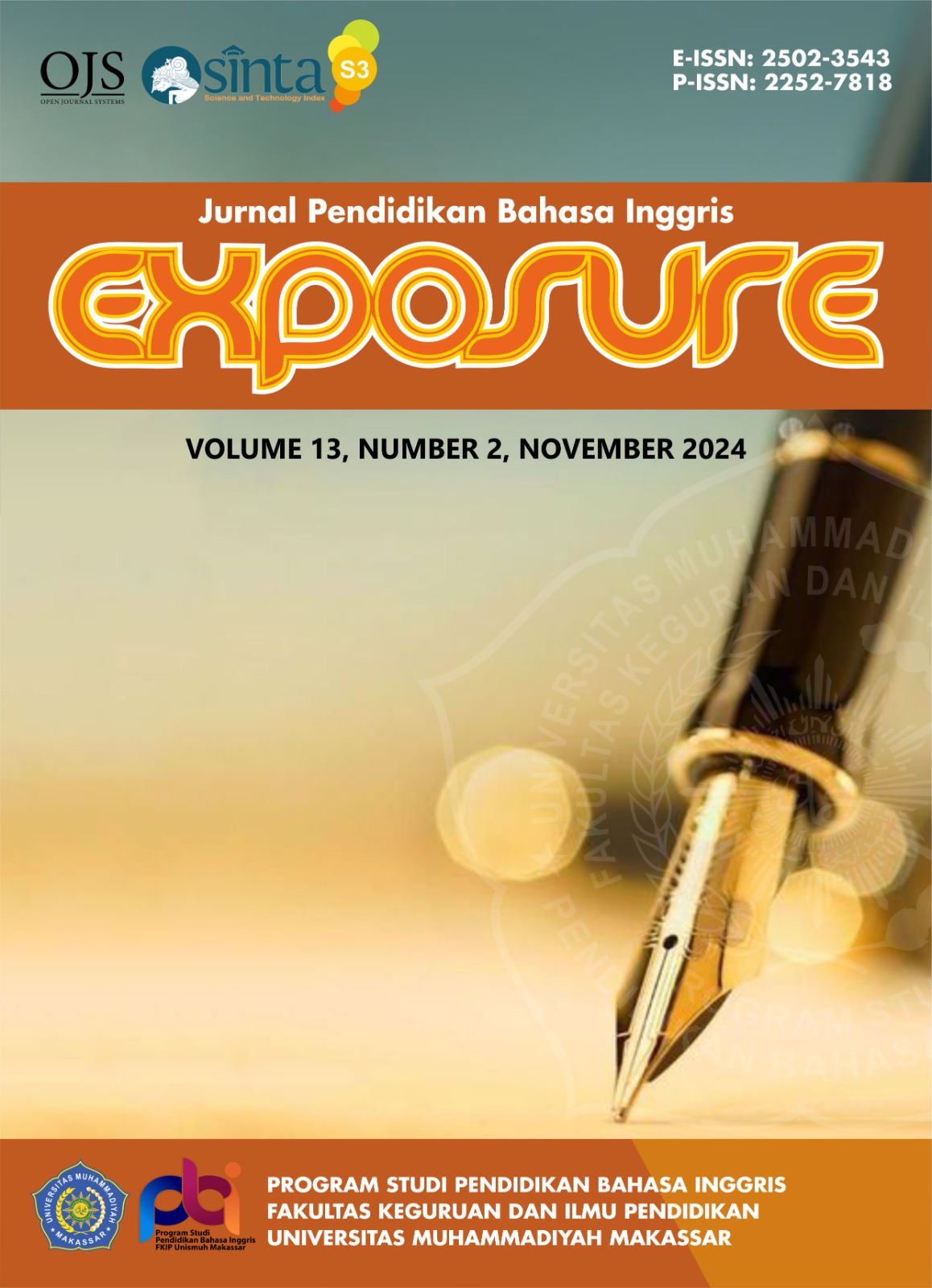THE DEVELOPMENT OF STUDENTS’ COMPETENCES THROUGH LIBRARY AND INTERNET RESEARCH SKILLS
DOI:
https://doi.org/10.26618/exposure.v13i2.17067Abstract
According to a presidential decree dated 20 June 2006 “On the organization of Information and library services for the population of Uzbekistan”, the libraries of higher education institutions began to function as Information Resource Centers (IRCs).Developing students’ library skills is most important in high educational establishments, teachers both librarians should be aware of how to prepare students for doing independent research out of classrooms and campus so that students can attain and develop skills at the best and most relevant times.It has become obvious that developing students’ library research skills is vital in Universities, institutes as these skills when used in integrity with Information skills based on Communication technologies may lead to better academic achievements, goals, high productivity and makes students be more autonomous in gaining knowledge, developing their competencies and should be included into Curricula as a part of study program from undergraduate levels and above.References
Association of College and Research Libraries. (2000). Information literacy competency standards for higher education. Retrieved from http://www.ala.org/ala/acrl/acrlstandards/standards.pdf
The ALA glossary of library and information science Authors:Heartsill Young, Terry Belanger. Chicago. 1983
Dr. S.R,Ranganathan
Graduate Student Needs in Relation to Library Research Skills Shawna Young and Warren Jacobs California State University Stanislau.Journal of Modern Education Review, ISSN 2155-7993, USA March 2013, Volume 3, No. 3, pp. 181–191.
Stephenson, M. S. (1990). Teaching research methods in library and information studies programs. Journal of Education for Library & Information Science, 31, 49-65. doi:10.2307/40323727.
Library skills support for academic programmers or modules libraryskills@ucl.ac.uk.
Downloads
Published
Issue
Section
License
Authors who publish with this journal agree to the following terms:
In order to assure the highest standards for published articles, a peer review policy is applied. In pursue of the compliance with academic standards, all parties involved in the publishing process (the authors, the editors and the editorial board and the reviewers) agree to meet the responsibilities stated below in accordance to the Journal publication ethics and malpractice statement.
Duties of Authors:
- The author(s) warrant that the submitted article is an original work, which has not been previously published, and that they have obtained an agreement from any co-author(s) prior to the manuscript’s submission;
- The author(s) should not submit articles describing essentially the same research to more than one journal;
- The authors(s) make certain that the manuscript meets the terms of the Manuscript Submission Guideline regarding appropriate academic citation and that no copyright infringement occurs;
- The authors(s) should inform the editors about any conflict of interests and report any errors they subsequently, discover in their manuscript.
Duties of Editors and the Editorial Board:
- The editors, together with the editorial board, are responsible for deciding upon the publication or rejection of the submitted manuscripts based only on their originality, significance, and relevance to the domains of the journal;
- The editors evaluate the manuscripts compliance with academic criteria, the domains of the journal and the guidelines;
- The editors must at all times respect the confidentiality of any information pertaining to the submitted manuscripts;
- The editors assign the review of each manuscript to two reviewers chosen according to their domains of expertise. The editors must take into account any conflict of interest reported by the authors and the reviewers.
- The editors must ensure that the comments and recommendations of the reviewers are sent to the author(s) in due time and that the manuscripts are returned to the editors, who take the final decision to publish them or not.
Authors are permitted and encouraged to post online a pre-publication manuscript (but not the Publisher’s final formatted PDF version of the Work) in institutional repositories or on their Websites prior to and during the submission process, as it can lead to productive exchanges, as well as earlier and greater citation of published work (see The Effect of Open Access). Any such posting made before acceptance and publication of the Work shall be updated upon publication to include a reference to the Publisher-assigned DOI (Digital Object Identifier) and a link to the online abstract for the final published Work in the Journal.

